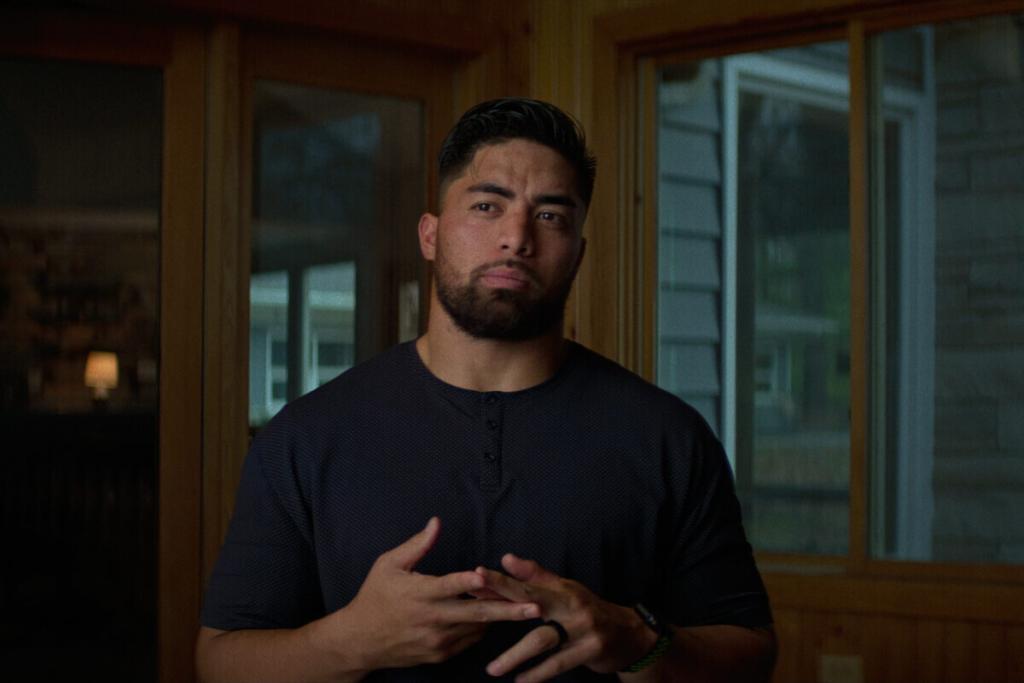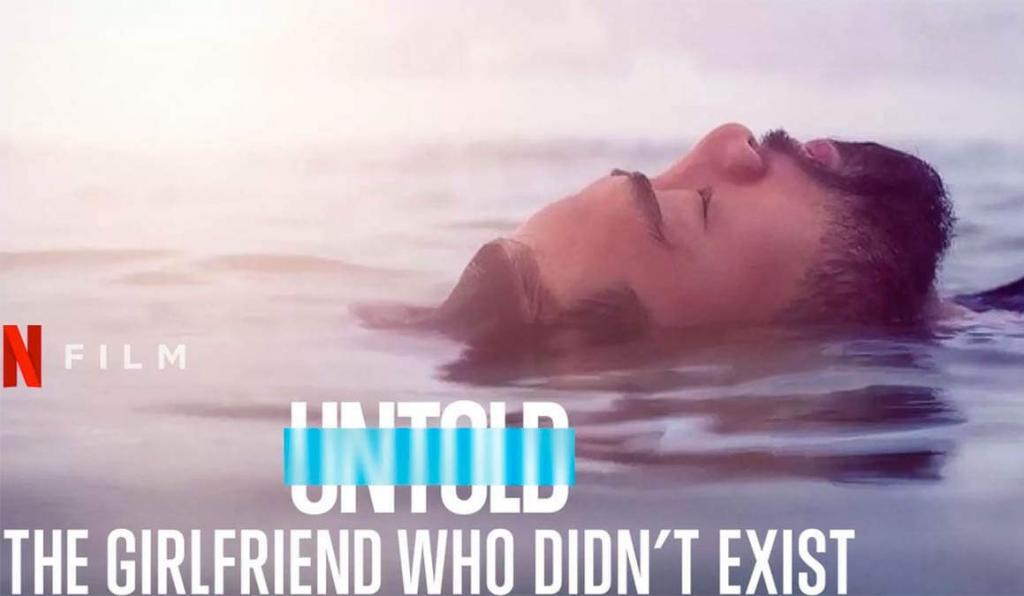
Recently, my friends recommended I watch Netflix’s “Untold: The Girlfriend Who Didn’t Exist.” It’s an insane story that sports fans in the US remember all too well. Manti Te’o was a star football player at Notre Dame where he won All-American honors and was a Heisman finalist his senior year. After Notre Dame lost to Alabama in the college football championship, Deadspin publicly revealed what Te’o had recently begun to discover: his girlfriend of three years didn’t exist.
A man by the name of Naya Tuiasosopo had stolen the pictures and identity of an attractive woman named Lennay Kekua. Te’o interacted with Naya in good faith and received text messages and voice notes in a believable woman’s voice. Te’o came from a sheltered religious background, was busy at Notre Dame with school and football, and tolerated the myriad excuses of Naya, who allegedly lived in California, as to why they could not meet up in-person. The relationship became a national headline earlier that year because Naya had faked Lennay’s death on the same day Te’o’s grandmother passed away — something Te’o talked about publicly — and so Te’o’s stellar play in 2012 came to be viewed as a double example of resilience.
Te’o’s greatest crime was being naive at a time when online catfishing was much less well-known than it is today. Sure, Te’o embellished some of the details of the relationship. He told his father out of embarrassment, for example, that he had met Lennay in-person, and ignored many red flags. Yet he quickly became a national punchline of countless jokes and memes in a story that transcended the sports world. At one point, Te’o was ranked by a Forbes poll as one of the top three most disliked athletes, next to cycling cheat Lance Armstrong and womanizer Tiger Woods.

In the documentary, Te’o recounts going from being a highly confident individual who never doubted himself to someone who questioned everything during his early days in the NFL. In spite of that, Te’o put together a solid 8-year NFL career with the Chargers, Saints, and Bears in which he amassed over 300 tackles, although his career was shortened by an Achilles injury (probably not the worst outcome due to the long-term health effects of CTE and repeated head trauma characteristic of longer careers in the NFL).
It is abundantly clear from the documentary, which includes extensive commentary from Naya, that Te’o was the victim of an elaborate catfishing scam, a heartless media, and cruel treatment from society. Indeed, Pat McCafee echoed many people’s belief that society owes Te’o an apology, and described Te’o as “one of the mentally strongest people alive.” Te’o admits that the first three years were “extremely difficult,” he was desperate for peace, and that he probably would have broke if it weren’t for friends and family.
In the end of the documentary, Te’o tells about how kids would ask for a photo with him only to go home and create memes and jokes online. Te’o says that he resolved never to treat the next kid based on past bad-faith interactions. Te’o expresses forgiveness for Naya, something he decided to do many years ago, and wishes them and their family well (Naya comes across in the documentary as highly narcissistic and minimally remorseful.) Te’o talks about how he had to learn how to forgive himself, and frames the interaction with a therapist who suggested this to him as a turning point in his recovery.
In 2022, Te’o is happily married with a daughter, and another son on the way. Since the documentary was posted, social media is awash with praise, apologies, and well wishes for his exemplary character and conduct throughout this fiasco. Te’o’s Instagram, whose bio reads “Family man,” has gained tens of thousands of followers.
In sum, Te’o got a raw deal from Naya, he got a raw deal from the media, and he got a raw deal from the public — for years. But he stayed true to his values and chose love in a world obsessed with revenge and bravado. Ironically, the petty, poignant adversity he went through as a young man grew his legend more than football ever could. Today, you’ll be hard-pressed to identify a celebrity more deserving of the title “role model” than Manti Te’o.


